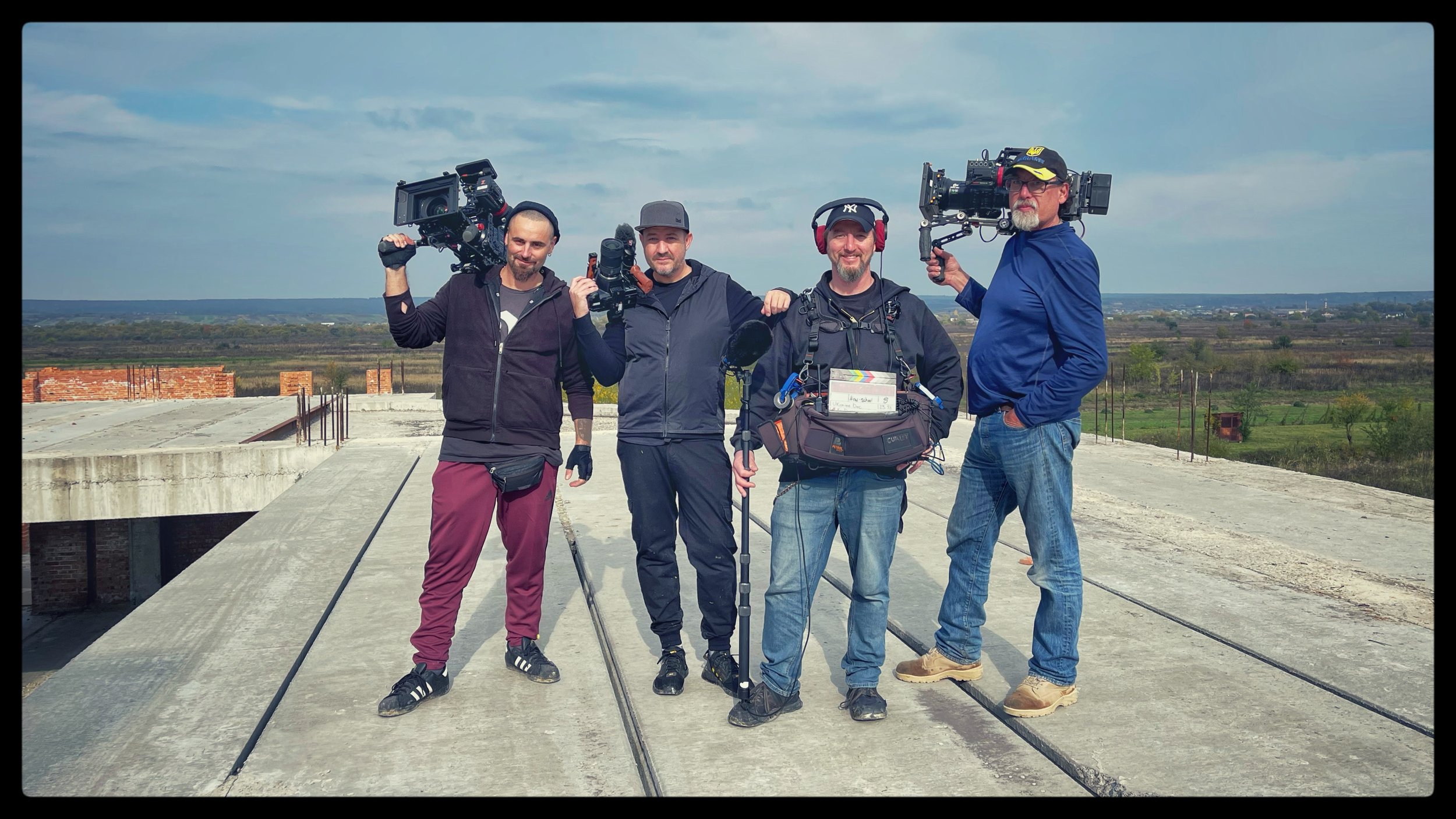Upholding Journalistic Integrity in Documentary Filmmaking
The Power is in Your Hands
Documentary filmmaking is a powerful medium that allows filmmakers to explore real-world issues, tell compelling stories, and shine a light on important social and political topics. At its core, documentary filmmaking shares similarities with journalism, as both aim to inform, educate, and provoke thought. However, the line between journalism and documentary filmmaking can sometimes blur, raising questions about journalistic integrity. In this blog post, we'll explore the importance of upholding journalistic principles in documentary filmmaking and the ethical considerations that filmmakers must navigate.
The Role of Journalism in Documentaries
Documentaries often aim to inform and educate audiences about real-life events, issues, and people. As such, they share a responsibility with journalists to present factual information accurately and fairly. Just like journalists, documentary filmmakers must adhere to principles of accuracy, fairness, balance, and accountability in their work.
Challenges to Journalistic Integrity in Documentaries
Despite their similarities, journalism and documentary filmmaking operate under different norms and expectations. Documentaries have more freedom in storytelling and interpretation, often blending factual reporting with artistic expression. However, this freedom can sometimes lead to ethical dilemmas, such as:
1. Selective Editing: Documentary filmmakers may face temptation to edit footage in a way that distorts the truth or misrepresents events or individuals.
2. Conflict of Interest: Filmmakers may have personal or financial interests that could influence the content and direction of their documentaries.
3. Subjectivity: Documentaries are inherently subjective, as they reflect the filmmaker's perspective and interpretation of events. Maintaining objectivity can be challenging.
4. Informed Consent: Respecting the privacy and consent of individuals featured in documentaries is crucial. Filmmakers must obtain permission and inform subjects about how their stories will be presented.
5. Verification of Sources: Just like journalists, documentary filmmakers must verify the accuracy and reliability of their sources to ensure the information presented is truthful.
Best Practices for Upholding Journalistic Integrity
To maintain journalistic integrity in documentary filmmaking, filmmakers can adopt the following best practices:
1. Research and Fact-Checking: Conduct thorough research and fact-checking to ensure the accuracy of information presented in the documentary.
2. Transparency: Be transparent about the filmmaking process, sources of funding, and any conflicts of interest that may arise.
3. Balanced Reporting: Present multiple perspectives on controversial or complex issues to ensure balanced reporting.
4. Ethical Editing: Avoid selective editing that could distort the truth or misrepresent the facts. Context is crucial.
5. Respect for Subjects: Obtain informed consent from individuals featured in the documentary and respect their privacy and dignity.
6. Accountability: Be open to feedback and criticism from audiences and stakeholders. Correct any factual errors promptly.
Maintaining Trust
In conclusion, documentary filmmaking plays a vital role in our understanding of the world around us, similar to journalism. Upholding journalistic integrity in documentary filmmaking is essential to maintaining trust with audiences and accurately portraying real-life events and issues. By adhering to principles of accuracy, fairness, transparency, and accountability, documentary filmmakers can ensure that their work makes a meaningful and ethical contribution to public discourse. As the field of documentary filmmaking continues to evolve, so too must the commitment to upholding these journalistic principles to ensure the credibility and impact of documentaries in society.

